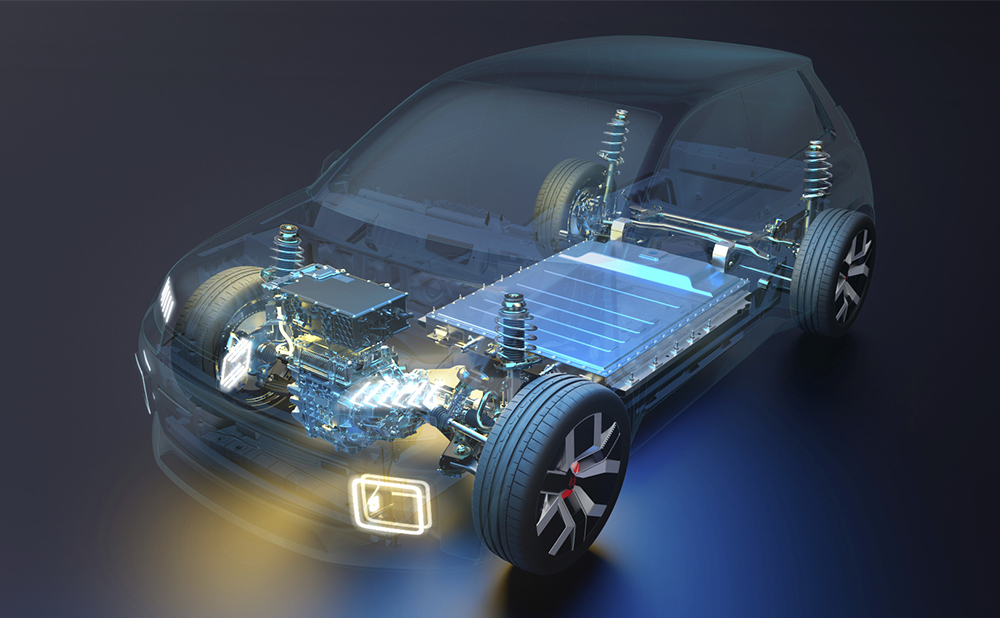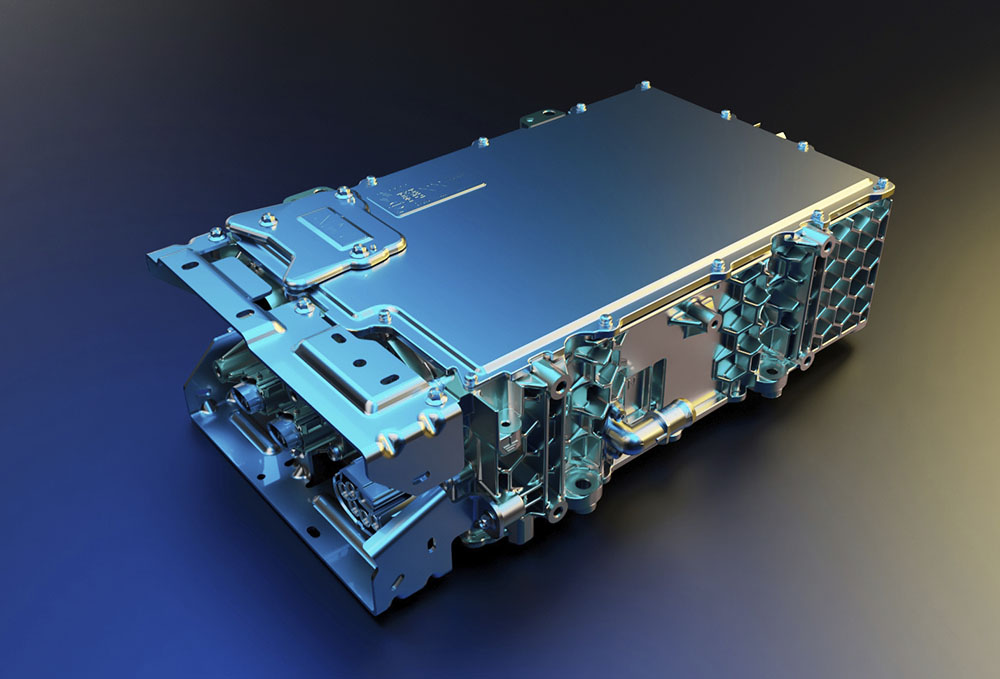The Ford F-150 Lightning’s bidirectional charging feature is proving to be a surprise hit with buyers, and Hyundai/Kia has added bidirectional capability to its new models.
The latest automaker to go bi is Renault, which has announced that the upcoming R5 will be its first car to come with a bidirectional on-board charger. Mobilize, the Renault Group’s e-mobility brand, will also introduce the Mobilize Powerbox, a bidirectional charging station with power levels ranging from 7 kW to 22 kW; and the Mobilize V2G service, which allows drivers to put charging on hold during peak hours, to release energy to their homes when electricity is expensive, and to send it to the grid when demand is high.
“The architecture integrates natively reversible electrotechnical components and electrical-current management software, which will provide ongoing access to the Mobilize V2G service while preserving battery capacity,” says Renault.
“Thanks to Mobilize V2G, cars become an energy reserve,” says Corinne Frasson, Director of Energy Services at Mobilize. “All drivers have to do is regularly connect their vehicle to the Powerbox to optimize their electricity bill and cut carbon from their mobility. On average, the cost of charging is cut by half.”

The Mobilize V2G service includes an electricity contract provided by technology partner The Mobility House, which guarantees carbon-neutral electricity and serves to monetize energy sent back to the grid. The Mobility House’s platform aggregates the battery storage of participating vehicles and trades the capacity on the wholesale energy markets.
Each EV driver can decide how much battery capacity they want to provide via the app. They plug in their vehicle, specify their planned departure time and desired battery charge level, and the rest is taken care of automatically by The Mobility House’s technology.
“We are already using this technology to facilitate smart charging programs in the US in bidirectional projects from Oakland, California to New York City,” said The Mobility House CEO Robert Hienz.
Sources: Renault, The Mobility House



















































